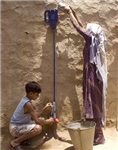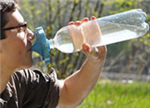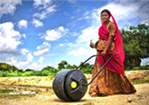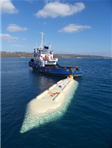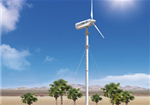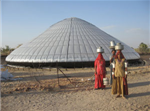Water is too valuable to be wasted. Plastics provide numerous solutions for ensuring water sustainability, from pipes used in water transportation, to irrigation drippers, reservoirs and greenhouses enabling agricultural water supply, or bottles and filters providing access to drinking water.
The Roadmap to a Resource Efficient Europe of the European Commission highlights water as one of the strategic resources affected by competing demands in Europe. The plastics industry contributes to resource efficiency by providing
- plastic solutions for sustainable water supply and use.
- cutting-edge technology to preserve drinking water.
On a daily basis, we all rely on a safe and constant supply of drinking water. Sustainable water transportation, even over long distances, needs to be leak-free, avoiding corrosion, soil or bacterial contamination. Plastic pipes meet these requirements. Water supply is also a big challenge in agriculture: Farmers need access to water, even more in areas where rains are not very frequent. Plastic materials are the key to innovative and sustainable solutions such as drippers, which supply the plant with the right quantity of water and ensure that no water is wasted.
Another important issue the world faces is water quality: According to the World Health Organization (WHO), yearly 1.8 million people die from diarrheal illnesses and more than one billion people worldwide do not have access to clean drinking water. Plastics offer both easy access to water, for example through plastic bottles, as well as effective solutions to clean water.
PAGEV presents a series of new and innovative water applications made of plastics, which show the continuing contribution of plastics to water management, preservation and sustainable supply.

